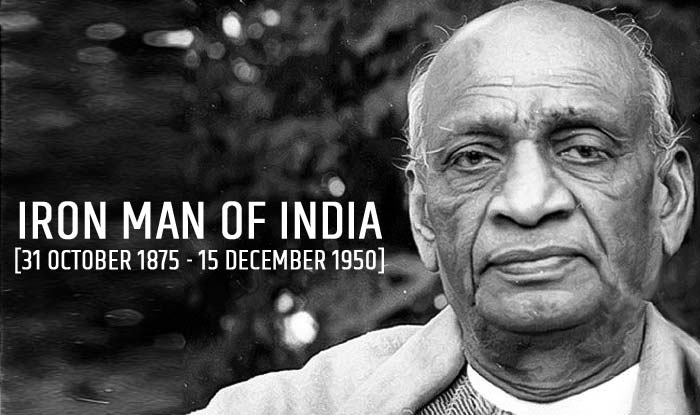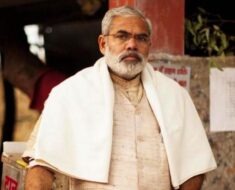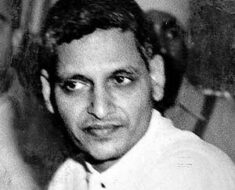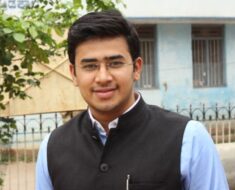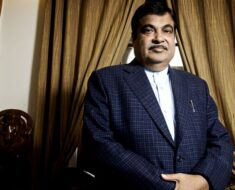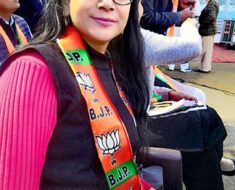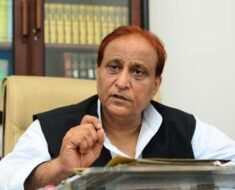Vallabhbhai Patel’s legacy is indelibly linked to the unification of India. A pivotal figure in India’s independence movement, his contributions extended far beyond his role as a freedom fighter.
Biography/Wiki
Sardar Vallabhbhai Patel, born on October 31, 1875, into a Patidar family in Nadiad, Bombay Presidency (present-day Gujarat), India, displayed an early ambition to become a lawyer. His early education took place in Nadiad, Petlad, and Borsad. He achieved his matriculation at the age of 22, diligently studying independently by borrowing books.
Later, he settled in Godhra with his wife, Jhaverba Patel. A significant event in his life involved contracting bubonic plague while caring for a friend. This led him to temporarily relocate his family due to the disease’s contagious nature.
Patel’s dedication extended to education as he founded the Edward Memorial High School in Borsad, serving as its first chairman. He practiced law in Godhra, Borsad, and Anand before fulfilling his ambition to study in England. At age 36, he joined the Middle Temple Inn, completing his 36-month course in a remarkable 30 months, topping his class.
His time in England significantly influenced his lifestyle, adopting English mannerisms upon his return to India. He became a prominent lawyer in Ahmedabad, gaining renown, wealth, and a reputation for excellence.
Family
Patel was the fourth child of Jhaverbhai Patel and Ladba, with four brothers (Somabhai, Narshibhai, Vithalbhai, and Kashibhai) and a sister (Dahiben). He married Jhaverba Patel at the young age of 16 in 1891. They had two children: a daughter, Maniben (born in 1904), and a son, Dahyabhai Patel (born in 1906). His grandsons are Gautam Patel and Bipin Patel.
Tragedy struck when Jhaverba Patel passed away in 1909 following a cancer surgery. Patel received the news while in court but continued his professional duties.
Career
While initially not drawn to politics, Patel’s friend urged him to participate in the 1917 Ahmedabad municipal election, which he won. This marked the beginning of his political career.
- Elected Sanitation Commissioner of Ahmedabad (1917)
- Appointed secretary of Gujarat Sabha (1917)
- President of Gujarat Pradesh Congress Committee (1920-1945)
- Chairman of the Ahmedabad Municipal Committee (1924-1928)
His initial hesitation towards Mahatma Gandhi’s ideology changed after a meeting in 1917 and further solidified during the Kheda Satyagraha. His involvement in the Salt Satyagraha led to his arrest in March 1930.
Patel’s unwavering commitment to India’s independence saw him endure multiple imprisonments, including during the Round Table Conference and Quit India Movement.
Following independence, he served as India’s first Deputy Prime Minister, overseeing the Home, States, and Information and Broadcasting portfolios. His instrumental role in integrating 562 princely states into the Indian Union earned him the moniker “Iron Man of India.”
Controversies
During his tenure as chairman of the Ahmedabad Municipal Committee, Patel faced accusations of corruption. A case involving alleged misrepresentation of funds was filed against him.
He also faced criticism for alleged biases against Muslims and for his stance on the Partition of India. His actions also drew criticism from supporters of Subhas Chandra Bose.
Death
Patel’s health deteriorated in the summer of 1950. His condition worsened dramatically in early December, culminating in his death from a massive heart attack on December 15, 1950, at Birla House in Bombay (now Mumbai).
Awards/Honours
The Government of India posthumously awarded him the Bharat Ratna in 1991, India’s highest civilian award.
Interesting Facts
| Fact | Detail |
|---|---|
| Stoicism | Known for his resilience and lack of complaints. |
| Marriage | Refused to remarry after his wife’s death. |
| Hobbies | Expert bridge player, also enjoyed drinking and smoking. |
| Political Influence | Assisted his brother’s entry into politics. |
| Views on RSS | Expressed strong disapproval of the RSS following Gandhi’s assassination. |
| Legacy | Numerous public institutions bear his name. His belongings are preserved in the Sardar Vallabhbhai Patel National Memorial. |
| Birthdate | October 31st is the date he used for his matriculation; Narendra Modi declared it “Rashtriya Ekta Diwas”. |
| Titles | Awarded various titles, including Sardar, Iron Man of India, and Unifier of India. |
| Biopic | A biopic, “Sardar,” was released in 1993. |
| Statue of Unity | The world’s tallest statue, inaugurated in 2018. |

